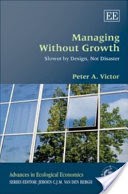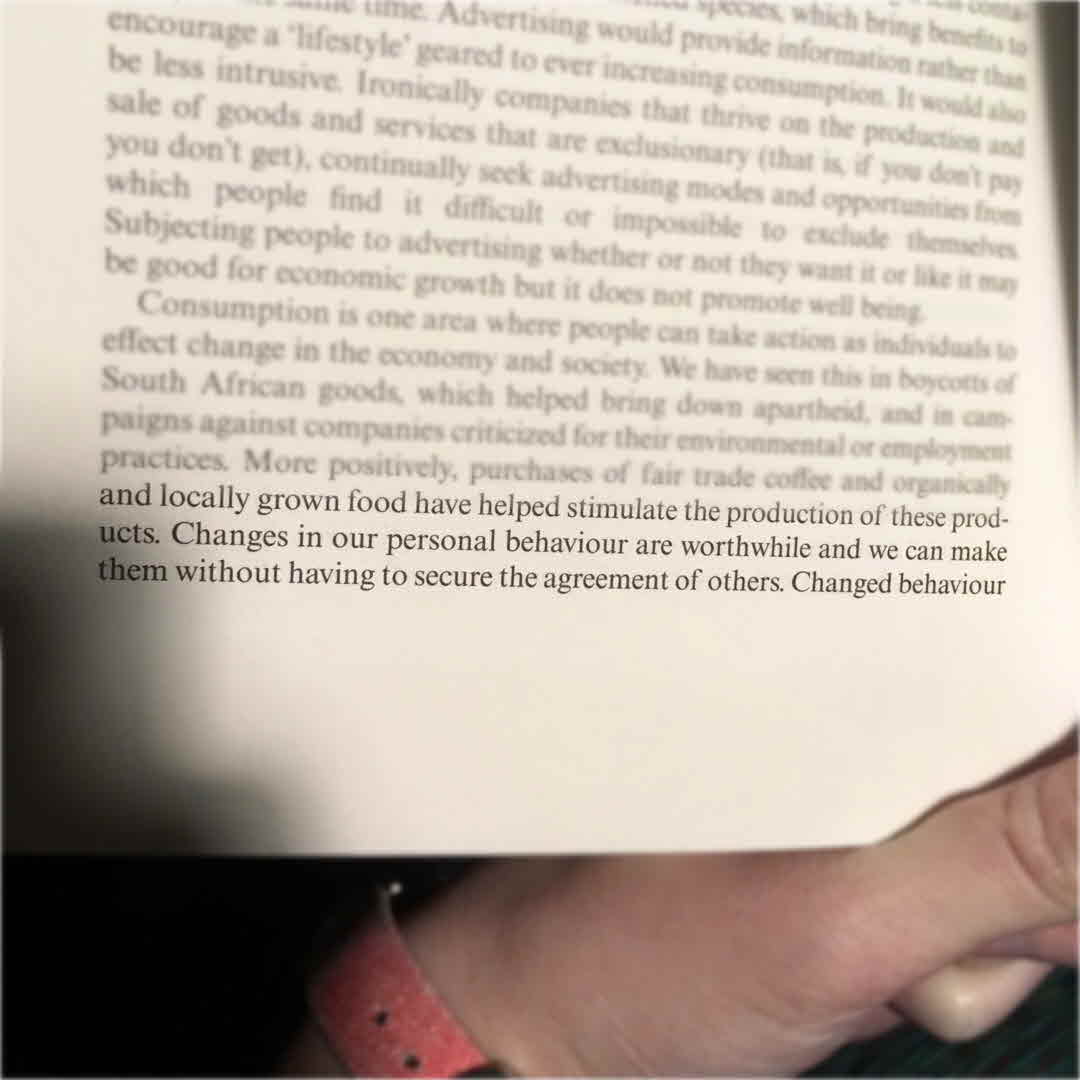Managing Without Growth: Slower by Design, Not Disaster | Peter A. Victor
Managing Without Growth offers a compelling argument for the need for a new policy focus in the rich nations. Peter Victor argues that it is time for our obsession with economic growth to end. A new focus on human well-being must replace our more is better philosophy. Brett Dolter, Briarpatch Magazine Peter Victor clearly presents the arguments as to why already relatively rich countries may have to manage low or no growth in their economies if they wish to address rather than continue contributing to global environmental problems. His modelling suggests that managing without growth need not be the economic disaster that is so often assumed. This is a lucid book that provides an excellent introduction to this important but neglected area. Paul Ekins, King's College London, UK At last, Managing Without Growth, a book that puts economics in its proper place within the real world and points the direction we must go in confronting the ecological crisis of the planet. As an economist, environmental studies professor Peter Victor is eminently qualified for the task. He examines some of our most fundamental assumptions and beliefs about the market, pricing, free trade and growth, prosperity and happiness that too often preclude a serious consideration of the environment and economy. His book couldn t be a more timely and important analysis of the destructive consequences of aspiring to endless growth and downloading the costs onto nature itself. He makes a powerful case for the need to work deliberately towards a steady state economy where the real world of the biosphere should set the limits to our activity. Victor s book should be at the basis for our discussion of these critical issues today. David Suzuki, broadcaster and activist Peter Victor analyses the critical policy question of our time, how to manage our economy equitably and efficiently without growing beyond biophysical limits. He reasons carefully and rigorously, yet pulls no punches in drawing conclusions that some will consider radical. A superb book! Herman E. Daly, University of Maryland, US Overcoming our addiction to economic growth is one of the most important challenges for the 21st century. Peter Victor s masterful summary of the history and fallacies of this particularly pervasive and increasingly dangerous addiction will be a great help in getting over it. A sustainable and desirable future requires clearly differentiating between bigger and better and a recognition that in the overdeveloped West these two have parted ways. Peter Victor s book will help us slow down by design, not disaster, and understand how that slowing down will in fact increase our quality of life. Robert Costanza, The University of Vermont, US Peter Victor s book is a carefully crafted argument for managing without growth . It is not only an up-to-date survey of the latest thinking on energy, climate, and population, it offers practical policy responses to these challenges. This book is a must read for academics and policymakers concerned with environmental integrity and human wellbeing. John Gowdy, Rensselaer Polytechnic Institute, US Peter Victor challenges the priority that rich countries continue to give to economic growth as an over-arching objective of economic policy. The challenge is based on a critical analysis of the literature on environmental and resource limits to growth, on the disconnect between higher incomes and happiness, and on the failure of economic growth to meet other key economic, social and environmental policy objectives. Shortly after World War II, economic growth became the paramount economic policy objective in most countries, a position that it maintains today. This book presents three arguments on why rich countries should turn away from economic growth as the primary policy objective and pursue more specific objectives that enhance wellbeing. The author contends that continued economic growth worldwide is unrealistic due to environmental and



















